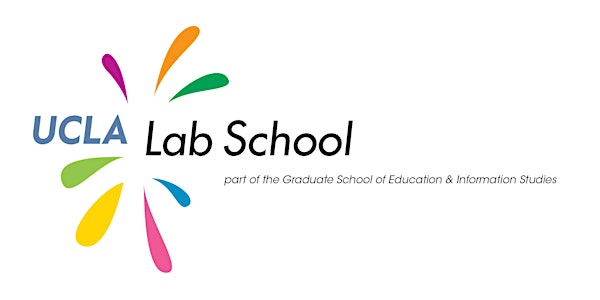
Bruno Seros-Ulloa Lecture Featuring UCLA Visiting Prof. Maryanne Wolf
Date and time
Location
UCLA Lab School
330 Charles E Young Drive North Los Angeles, CA 90095Description
JOIN US FOR THE BRUNO SEROS-ULLOA LECTURE

"The Reading Brain and Your Child"
This talk will describe how the reading brain develops in the species, in the child, and in ourselves. The topics will include the importance of language and cognitive development from zero to five, and how reading develops from five to ten. In addition, the impact of digital culture on the reading brain will be discussed in all its complexities.
Wednesday, March 20, 6 - 8 p.m.
UCLA Lab School Community Hall
Lecture will include a wine and cheese reception
Childcare is available for UCLA Lab School students — Contact: Sylvia Vallejo, svallejo@labschool.ucla.edu
Parking
Complimentary Parking in Parking Structure 4
About Maryanne Wolf
Maryanne Wolf is a neuroscientist, a teacher, and an advocate for children and literacy around the world. She directs the Center for Dyslexia, Diverse Learners, and Social Justice at the UCLA Graduate School of Education and Information Studies. She is the author of Proust and the Squid: The Story and Science of the Reading Brain (2007, HarperCollins), Dyslexia, Fluency, and the Brain (Edited; York, 2001), Tales of Literacy for the 21st Century (2016, Oxford University Press), and Reader, Come Home: The Reading Brain in a Digital World (August, 2018, HarperCollins).
About Reader, Come Home:
“Wolf draws on the perspectives of neuroscience, literature, and human development to chronicle the changes in the brain that occur when children and adults are immersed in digital media. When people process information quickly and in brief bursts, as is common today, they curtail the development of the ‘contemplative dimension’ of the brain that provides humans with the capacity to form insight and empathy. In describing the wonders of the ‘deep reading circuit’ of the brain, Wolf bemoans the loss of literary cultural touchstones in many readers’ internal knowledge base, complex sentence structure, and cognitive patience, but she readily acknowledges the positive features of the digitally trained mind, like improved task switching. Wolf stays firmly grounded in reality when presenting suggestions—such as digital reading tools that engage deep thinking and connection to caregivers—for how to teach young children to be competent, curious, and contemplative in a world awash in digital stimulus. This is a clarion call for parents, educators, and technology developers to work to retain the benefits of reading independent of digital media.” — Publisher’s Weekly Starred Review
“In this profound and well-researched study of our changing reading patterns, Wolf presents lucid arguments for teaching our brain to become all-embracing in the age of electronic technology. If you call yourself a reader and want to keep on being one, this extraordinary book is for you.” — Alberto Manguel, Author of A History of Reading
For more event information contact: Paige Berry, Development Office, (310) 825-1996